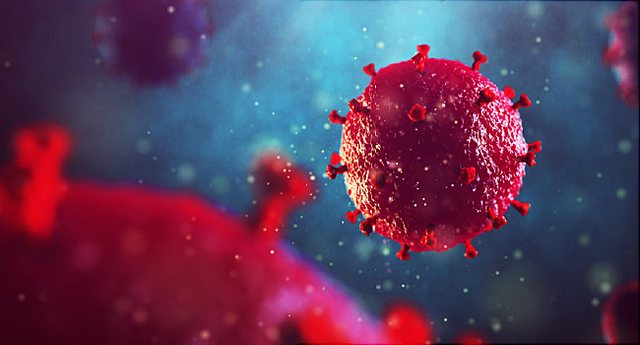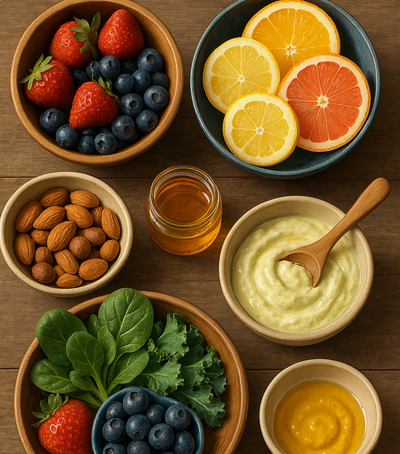
You cannot get HIV from shared toilets or kitchen appliances. HIV spreads through certain body fluids: blood, semen, vaginal or rectal secretions, and breast milk. These types of liquids are usually not found on public surfaces. Even if it does, the virus will probably have died, since it cannot live long outside the body.
For the same reason, you cannot be infected with HIV using the same utensils, cups or dishes. You should know that the HIV virus does not stay in the saliva and dies immediately when it is out of the body.
HIV transmission routes
HIV infection occurs when the fluids of an infected person are transmitted to another person through: blood, sperm, vaginal fluids or breast milk. The transmission of HIV infection is sexually transmitted through the blood and from mother to child.

Sexual transmission (heterosexual, homosexual, bisexual) is the main way of getting this infection. Having sex without a condom is a major risk factor for the transmission of the virus. Having a sexually transmitted infection greatly increases the risk of transmission through this route.
Transmission through infected blood (parenteral route) - the acquisition of infected blood and its byproducts, constitutes a major opportunity for the transmission of this infection. Sharing syringes, manipulating contaminated instruments is an important way of transmitting infection. Instruments used for skin perforation (acupuncture, tattoos, ear piercing, etc.), self-use instruments (razors, toothbrushes, etc.) and non-sterilized medical instruments are sources of HIV transmission through this route.
Vertical transmission - from the infected mother to the baby - can occur before, during and after birth. Today, the rapid onset of treatment with antiretroviral drugs, births with surgery, non-breastfeeding of the infected mother have minimized this chance of infection.
HIV is not transmitted during normal co-existence which can lead to shared use of: shower, bathtub, toilet, towel, telephone, public transport, swimming pool, school attendance, etc. Also from kissing (not deep), hugging, shaking hands, sneezing, coughing does not result in HIV infection. The infection is not transmitted through; water, food, air, insect bites or animal care.
Source: JoTabu.al





